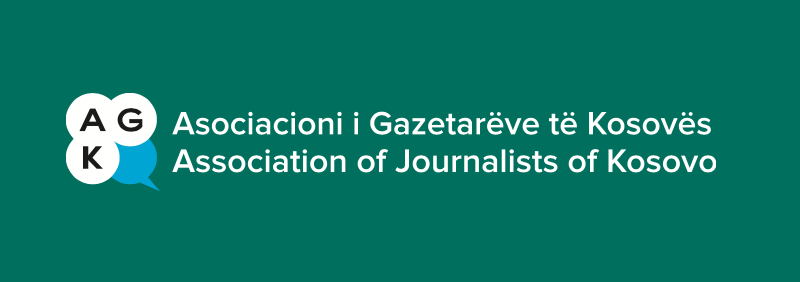Kosovo: new report shows how Covid-19 exacerbates existing problems for media workers

It appears to be a global trend that the Covid-19 outbreak has aggravated previously existing problems in the journalism industry and added another layer that concerns health measures for journalists. Kosovo is no exception as shown by a report called “The impact of Covid-19 pandemic on the economic situation of journalists, cameramen and photojournalists” published on 27 October by the Association of Journalists of Kosovo (AJK).
This research focuses on the consequences of Covid-19 on the economic situation for media workers, the difficulties in reporting and the lack of necessary protection equipment. The study was carried out during the period of June until September 2020. Data was collected via electronic surveys of media employees (120 responses) and interviews with media professionals (14 interviews).
One of the main findings shows that Covid-19 has caused an economic crisis in Kosovo that has had a chain impact on the media sector. The results are a decrease in revenues, a ban on the publication of printed daily newspapers, the subsequent layoff of media employees, a reduction of salaries and delays in receiving crucial financial support. “The report fully reveals the existing problems faced by the media sector in the country and the aggravating financial situation,” summarises Getoarbë Mulliqi-Bojaj from the AJK.
A serious case to demonstrate the impact of the pandemic was the layoff of over 20 media employees, including two pregnant women, from media outlet Zëri. This constituted a violation of the workers’ labour rights as their contracts were terminated contrary to legal deadlines.
Respectively, Getoarbë Mulliqi-Bojaj explains that the association is closely monitoring cases of journalists in court and under prosecution. “We also support journalists for instance by holding online trainings on how to report during the pandemic.”
Although a so-called Emergency Fiscal Package included the media as beneficiaries of certain short-term measures, media workers were not categorised as essential staff during the lockdown period. Despite their exposure to the risk of infection, journalists were not provided additional financial support.
Concerning the distribution of funds under the Emergency Fiscal Package, the survey found that only 43% of employees had received support, 46% had not benefited in any form and 11% responded that the employer had benefited. The most commonly received support was a salary compensation of 170€ for the months April and May. Interestingly, 37% of the survey respondents fully agreed that not all media were treated equally and impartially during the selection process of the Package.
The pandemic also resulted in much of the work being done online, where telecommunication tools are increasingly being used. For journalists working on the ground, necessary protection against the virus was not always provided by employers. 10% of the respondents stated that they were not given any protective equipment and had to take care of it themselves. In addition to the risk of infection, working during the pandemic also affected the mental health of media employees: 19% stated that reporting during this time greatly aggravated their mental health condition, 46% experienced a slight aggravation.
The AJK also formulated various recommendations in response to these findings. The Labour Inspectorate is advised to prioritise the monitoring of violations of labour rights of media workers and media companies must comply with labour rights and provide protective equipment. For media workers it is recommended to turn to the Labour Inspectorate, Ombudsperson, Agency for Free Legal Aid and the AJK to report violations.
The full report can be found here.






